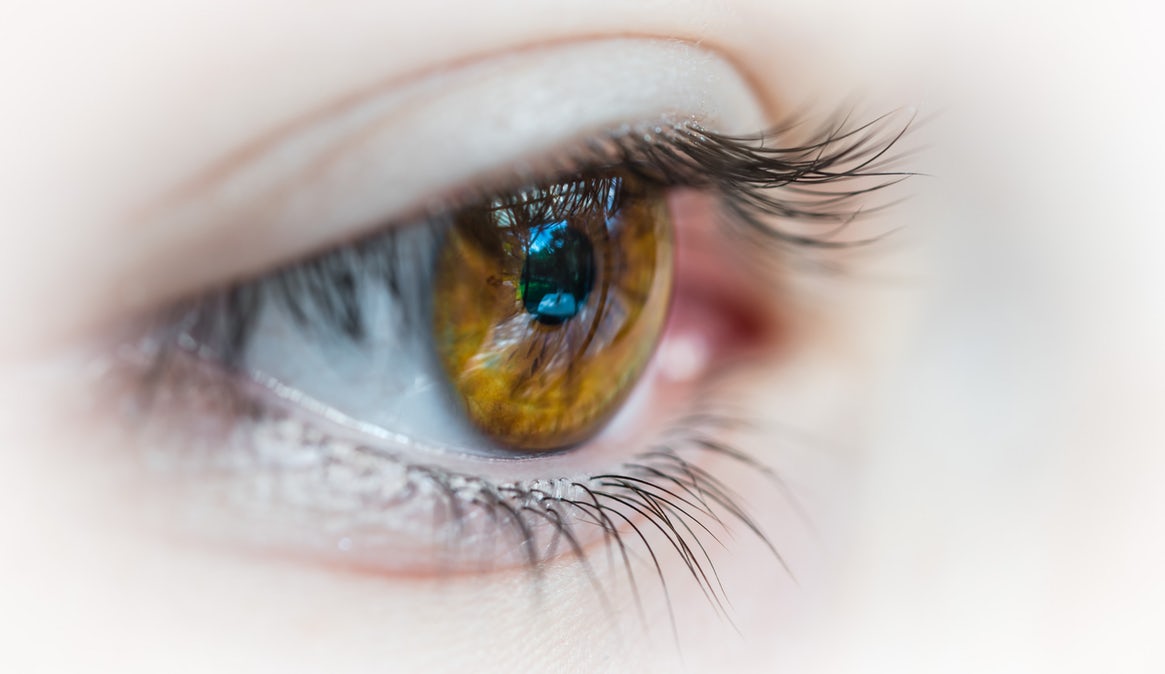On the initiative of the Institute for Patient Rights and Health Education, the 'Cataract Patient Bill of Rights' has been developed. Its creation aims to increase patients' awareness of how they can influence the quality of their treatment. The document emphasises the right to be treated in accordance with current medical knowledge, to be fully informed of all available treatment options and to have a say in the medical devices used, including intraocular lenses in particular. Why was the charter created? The creation of the "Charter of Patients' Rights in Cataracts" was aimed primarily at extracting from the entire set of universal patient rights those that are closest to the problems of cataract patients. The document should contribute to improving the quality of treatment and life of cataract patients in Poland. The mission of the Institute for Patients' Rights and Health Education is to support systemic solutions aimed at improving the situation of patients. A 2008 CSO projection indicated that the number of people aged 60-74, i.e. those most at risk of cataracts, would increase by 40 per cent by 2030. The primary objective behind the creation of the 'Cataract Patient Bill of Rights' was to educate those at risk of developing cataracts, the patients themselves and the medical community. We are committed to improving patients' quality of life by raising awareness of diagnosis and treatment options - comments Igor Grzesiak, board member of the Institute for Patients' Rights and Health Education. Overview of the most important rights of cataract patients It is a fundamental right of a cataract patient to receive health services from medical personnel that are provided with due diligence, in accordance with current medical knowledge and professional ethics. This follows from the right to medical care (diagnosis, treatment, care and rehabilitation) in accordance with current medical knowledge. Qualification for removal surgery cataracts should be carried out in accordance with the standards of the Polish Ophthalmological Society. This means that the decision to refer a patient for cataract surgery should be made by the doctor after a thorough interview and joint assessment of whether the cataract is hindering or even preventing the patient's daily functioning, leading to a gradual loss of independence. The patient should then be given a document to register for the procedure. There can be no question of using other qualifications such as the patient's visual acuity. The cataract removal procedure is one of the most spectacular medical procedures - after 15-30 minutes, because that is how long the operation lasts, a person who has had problems with performing the simplest activities returns to normal functioning. The procedure is performed using the so-called phacoemulsification method. The ophthalmic surgeon makes a small incision in the cornea, removes the natural cloudy lens of the eye and then replaces it with an artificial intraocular lens with appropriately selected optical parameters. Upon admission to hospital for cataract surgery, the patient has a the right to co-determination of the medical devices used. In the case of a procedure reimbursed by the National Health Fund, there is no option to pay a surcharge and choose a multifocal or toric lens, although there is no provision in Polish law prohibiting surcharges. Under the NFZ, a monofocal lens is implanted, which allows good distance vision, but the patient will still need to use glasses for reading or computer work. Cataract patients should be aware that a monofocal lens also has many parameters. It is therefore worth choosing a centre where hydrophobic, aspheric lenses with UV and blue light filters are implanted during the procedure to protect the retina. Patients with cataracts also have right to information on the treatment options available, including in particular lenses implanted as part of treatments reimbursed by the National Health Service and treatments for a fee. Małgorzata Pacholec, Director of the Polish Association of the Blind, comments - In my experience, patients lack basic knowledge about cataract treatment and, above all, they do not know that the outcome of treatment depends on many factors that they can influence. I am convinced that an educated patient has a better chance of saving his or her vision or even improving it - therefore, I support any action that puts the needs of patients at the centre. Cataract patients also have the right to know what materials a particular centre uses, allowing them to make informed use of the the right to choose the centre where the cataract surgery will be performed. The facility's assurance of quality and safety avoids the development of secondary cataracts and the need for further medical intervention. The time to receive the service is also important - the shorter, the less impact the disease has on reducing quality of life. Author of the "Cataract Patient Bill of Rights" Prof.Dr Dorota Karkowska, IPPiEZ expert, sums up. The Charter on the Rights of Patients with Cataracts points first and foremost to the huge role of the patient himself in the treatment process. The right of access to comprehensive information enabling informed decision-making regarding treatment and the possibility of co-determination about the medical devices used are priority issues for this group of patients. The document also draws attention to the possibility of requesting an acceleration of cataract surgery in the case of a sudden deterioration in health. I believe that the document, created under the auspices of the Institute for Patients' Rights and Health Education, will contribute to raising awareness of cataract treatment in our country. Download Charter of rights for patients with cataracts

